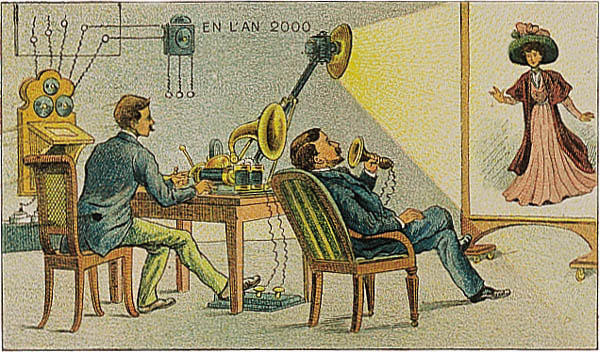Speech Talk 2: Patricia Kuhl – the linguistic genius of babies
Dr Patricia Kuhl has more accolades and titles than Queen Victoria. Among her many achievements and roles, she is a co-director at the Institute for Brain and Learning Sciences at Washington University.
Dr Kuhl studies early brain and language development – and by early, we mean really early. Her research tells us a lot about language – and not just about the development of language in infants. Watch her talk here:
Here are some of the key ideas we took away from Dr Kuhl’s talk:
- To preserve a language, you need to speak it to babies, not adults. (This comment reminded us of Dr Pinker’s statement that linguists know a language is dead when it is spoken only by adults.)
- A critical period exists for humans to acquire a new language efficiently – after 7 years of age, our ability to do so declines systematically.
- Babies younger than 12 months old are “citizens of the world”: they can discriminate all the sounds in every language. Adults can’t do that. We’re “language-bound” to our mother tongue (or mother tongues for bilingual children).
- As babies listen to their parents, they are (unconsciously) taking statistics on the speech sounds used by their parents. At around 1 year of age, babies gradually lose their ability to discriminate all speech sounds in all languages and zero in on the speech sounds used in their home language(s).
- By exposing US-born babies to Mandarin spoken by a Mandarin-speaking therapist for short periods during the first year of birth, babies of English-speaking parents maintained their ability to discriminate speech sounds native to Mandarin speakers.
- Interestingly, results were not as favourable when the children were exposed to an audio recording in Mandarin or by watching TV. It seems the presence of a real human being is required – food for thought in these days of iPads and Nickelodeon.

Hi there, I’m David Kinnane.
Principal Speech Pathologist, Banter Speech & Language
Our talented team of certified practising speech pathologists provide unhurried, personalised and evidence-based speech pathology care to children and adults in the Inner West of Sydney and beyond, both in our clinic and via telehealth.








